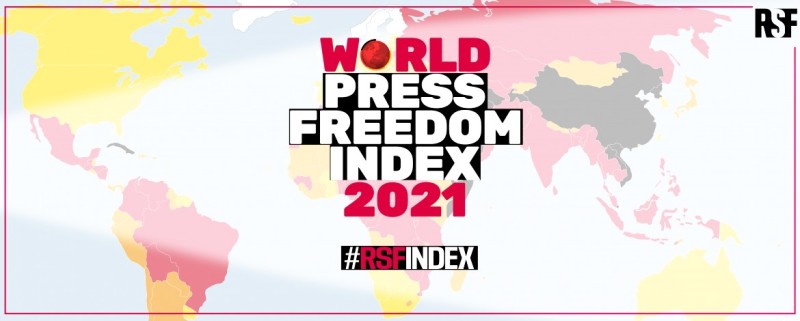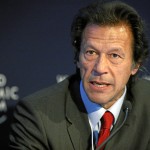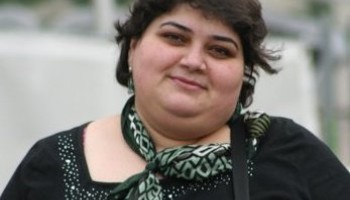The media watchdog’s 2021 World Press Freedom Index, released Tuesday, shows that while the pandemic has fueled violence against journalists, governments have capitalised on the global state of emergency. In a state akin to martial law, they have consolidated their grip on the media and have abated independent journalism -- the “vaccine” to disinformation.
The “toughest and most dangerous” region for journalists remains the Middle East and North Africa (MENA), which during the pandemic saw its authoritarian states impose information blackouts, shut down media websites, imprison local and expel foreign journalists for presenting narratives different to their own.
The Index map ranks countries by color, with red signalling that the press freedom situation in that country is “bad,” and black signalling that it’s “very bad.” Seven MENA countries are colored red, and eight are colored black.
“The Middle East’s most authoritarian countries have used the pandemic to continue or even reinforce their existing methods for gagging the press. The pandemic has exacerbated the problems that have long plagued the press, which was already in its death throes,” RSF’s analysis on the MENA region says.
Similar measures have been used by governments in Eastern Europe and Central Asia (EECA), which ranks the second worst region for journalists after MENA. In addition to censorship, mass arrests and violence, measures used to silence journalists in the region have included complete Internet shutdowns. The report also monitored journalists being attacked by unidentified individuals in at least seven EECA countries.
The region, following in the footsteps of its “leader” Russia, is moving towards a “political model involving ever greater repression of independent journalists and media,” according to RSF’s analysis.
Meanwhile, with journalism in Africa becoming “more vulnerable than ever,” the continent ranks the “most violent” for journalists, with twenty-three African countries marked red or black on the Index map.
“Authorities sought to control coverage of the pandemic and often facilitated or even directly contributed to hostility and mistrust towards those trying to provide objective, researched reporting,” RSF’s regional analysis on Africa says.
Likewise, across the Indian ocean, in the Asia-Pacific region, journalists in China, Hong Kong and Vietnam have suffered at the hands of their governments attempting to control what and how information about the coronavirus is spread.
As the pandemic broke out in China, which reigns for the second year as the world’s biggest jailer of journalists, the government worked quickly to stop on-the-ground reporting. To this day, seven journalists arrested by Chinese authorities for reporting on the outbreak in Wuhan a year ago, remain in prison, while one is still missing.
Malaysia, dropping 18 places since last year’s index to rank 119th out of 180 countries, has seen the biggest decline in press freedom, according to RSF. Embodying the “desire for absolute control over information,” the pandemic saw the Malaysian government issue an “anti-fake news decree,” which bans any narratives that deviate from the official one.
Meanwhile in Europe, violence against journalists has increased according to RSF’s analysis, which also found evidence of “violations of the right to inform and be informed” in several European countries, including Serbia, Hungary, Kosovo and Greece.
Away from the pandemic, and described as “a different kind of setback” to journalism, the report also points to the decision of a British judge to not release WikiLeaks founder Julian Assange, and instead leave him in a high-security prison where his health continues to deteriorate.
“The Index data reflect a dramatic deterioration in people's access to information and an increase in obstacles to news coverage,” since the pandemic broke out, RSF said.
"Will this access be restored when the pandemic is over?” the watchdog asked.






